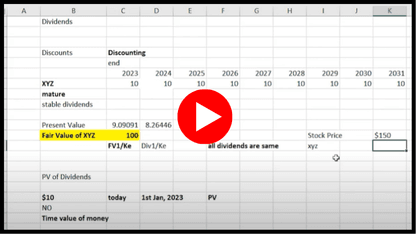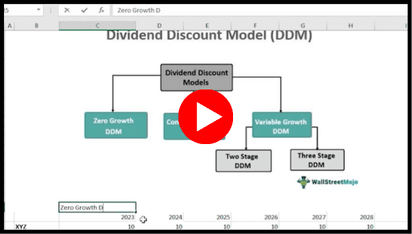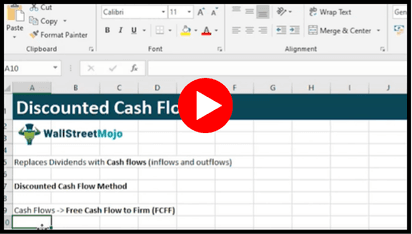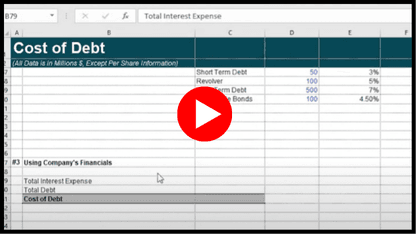#1 - Financial Analyst:
Financial analysts are professionals who specialize in creating financial models and forecasting financial statements. They incorporate the company’s financial data and create valuation models as well. Such individuals are mostly hired by well-known companies like JPMorgan Chase, WellFargo, Amazon, and Deloitte to name a few. For the role offered, the analyst receives around $60,735 to $73,319 annually, depending on the seniority level..
#2 - Equity Research Analyst:
Technically, equity research analysts, along with investment bankers, are solely involved in the valuation process. They analyze the financial information along with the different trends of multiple organizations and industries. They generate equity research reports, giving an opinion or verdict to clients based on the analysis conducted and accordingly guiding them with their investment decision-making.
Some of the popular companies hiring for this role include Goldman Sachs, MorningStar, Barclays, Crisil, and others. They earn around $109,138 per year plus some additional benefits.
#3 - Investment Banker:
Investment banking analysts have a similar job profile as equity analysts. However, they mostly run parallel with investment banking firms. For instance, they prepare financial models, perform financial analyses of companies, and likewise advise clients on buy or sell decisions. In addition, they also prepare pitchbooks for client meetings, including M&A and LBO pitchbooks.
Some of the large investment banks like CitiGroup, JP Morgan Chase, HSBC, Credit Suisse, and others provide a higher salary of $80,071 annually to analysts.
#4 - Private Equity Analyst:
Another category of equity analysts is more connected with private firms. Here, analysts conduct research, forecast the performance of private firms (not listed on the stock exchange), perform valuation, and provide interpretations on private firms. They use financial modeling techniques and valuation methods to assess the advantages of investing in a private company.
Mostly, companies like Goldman Sachs, Blackstone, General Atlantic, and other private equity firms hire them. Generally, their average salary is approximately $94,063 on an annual basis.
#5 - Credit analyst:
As the name suggests, credit analysts facilitate credit risk management by measuring the creditworthiness of the individual or a firm. They consider the cash flows of the borrower and compare them with industry metrics.
Generally, banks, credit card companies, rating agencies, and investment companies hire them. A few such popular banks include CitiGroup, American Express, Barclays, HSBC, and others. Here, the salary prospects range between $52,844 and $65,565 annually.
#6 - FP&A Analyst:
A Financial Planning & Analysis (FP&A) analyst is responsible for analyzing the various parts of the corporate industry for projecting the future financials and cash flow of the business industry. As part of their work, they work closely with the executive teams and help in strategic decision-making for the board of directors, like the CFO & CEO, etc.
Usually, the salary of a beginner is between $60,890 and $73,510. However, with more years of experience, it rises to $80k to $100k annually. Generally, companies like JPMorgan Chase, Amazon, Wells Fargo, and Deloitte are a few of them to hire such individuals.






















